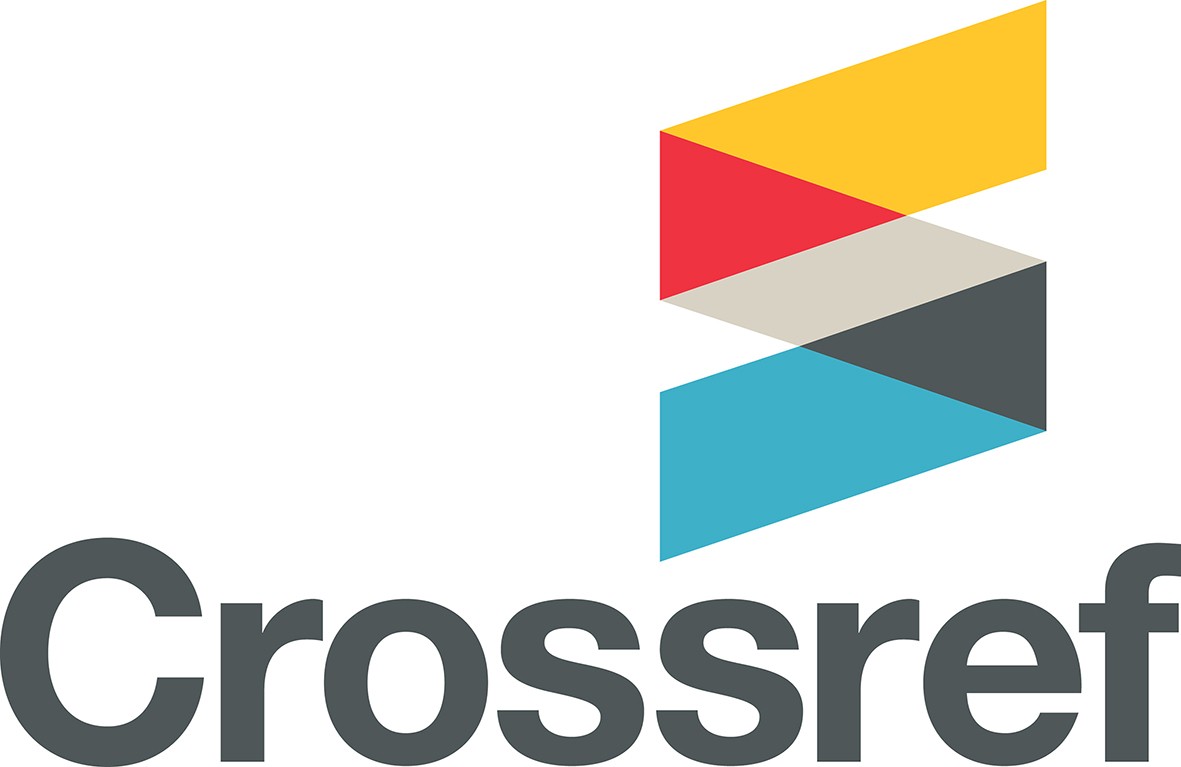Designing and Modelling of Pivotal Friction Compensator of Actuator of Hard Disk Drives
DOI:
https://doi.org/10.61514/ieeep.v103i1.124Abstract
Nowadays, hard disk drives are one of the most common devices for storing data. The growing demand for storing the bulk amount of data and retrieving the data as fast as possible from hard disk drives (HDDs) has posed manufacturers with various challenges. To overcome these hurdles different methods, techniques, and control systems are developed to improve the transient response of the HDDs. The transient response of a system is characterized by numerous specifications such as overshooting, peak time, settling time, delay, and rise time. This can also be achieved by using several stages of actuators servomechanism that can also help us to store a large amount of data, it also helps to increase the accuracy of head-positioning of the actuator that eventually leads to enhancement of the transient response of hard disk drives (HDDs). By increasing the accuracy of read/write head actuator there is a challenge to cater the friction at pivot of actuator. This friction can significantly reduce the speed of the actuator and that ultimately leads to the reduced transient responses of the system. This paper aims to design a new modelled-base friction compensator for the servo control of hard disk drives that can improve the transient response of HDDs. Thus, improving the transient responses of HDDs can make the computer more efficient than ever and can save a lot of time while making complex calculations. To achieve this aim measured and replicated responses will be used as guidance and the friction design of HDD will iteratively improve. This can be done by feeding the measured friction forces back to the voice coil motor (VCM) so that the frequencies of the actuator’s head and current be linearized. This proposed design will help in the cancelation scheme and the model-based compensator will be implemented. By improving the tracking seek of HDDs we can also write the data much faster on the HDD and by using numerous techniques we can store a large amount of data on HDDs. Our aim is also to integrate a PID controller into our control system so that we can improve the transient response as much as possible. Our work can be considered important as there are very few frictions compensator control designs that have integrated the PID controller. We are aiming to achieve a significantly improved pivotal friction compensator that can help us to achieve improved transient response of the hard disk drive (HDD).








